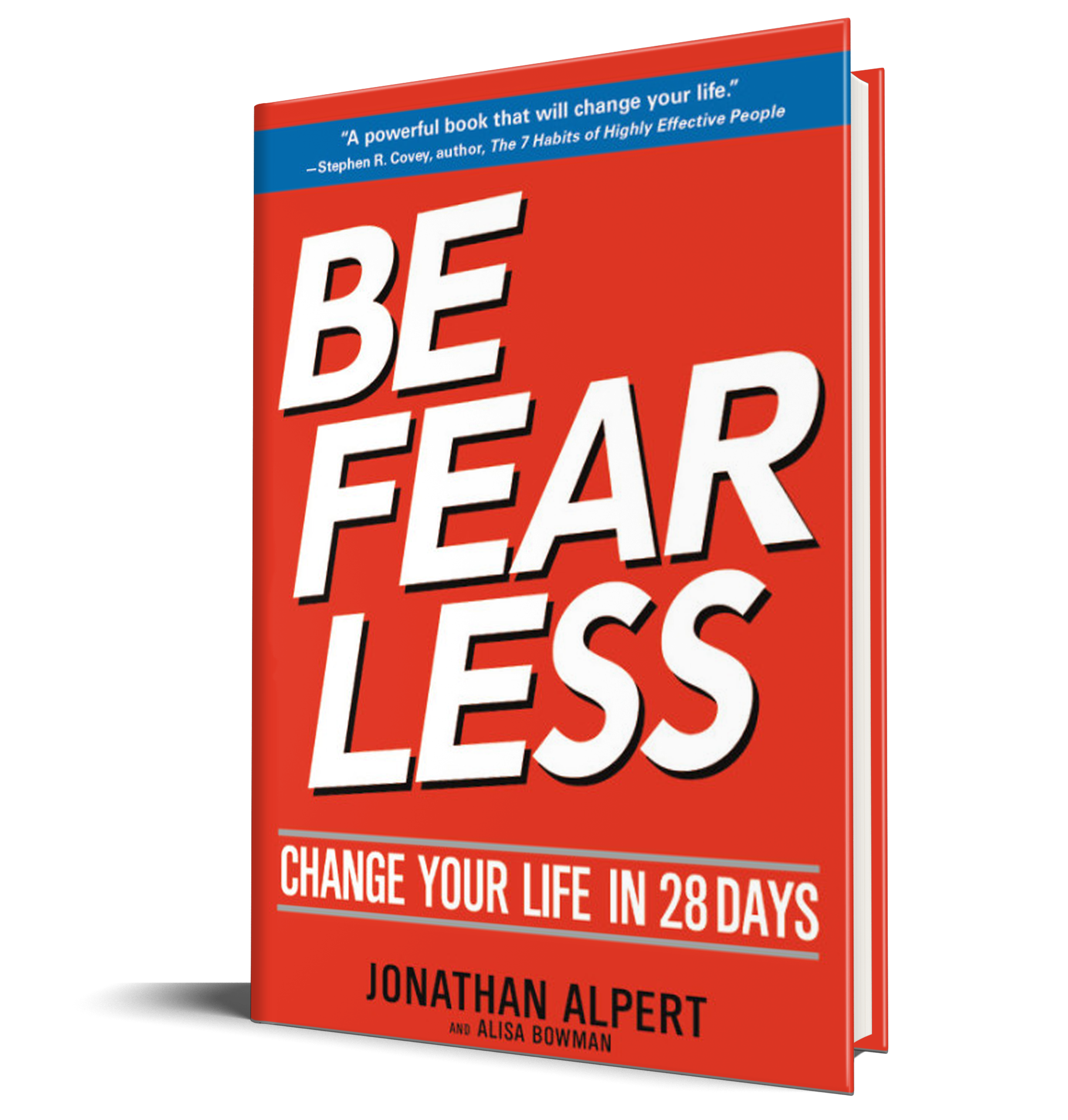Normally this time of the year, I advise highly motivated clients and readers on how to achieve success, create a healthy work/life balance, prioritize their needs, optimize wellness, etc. and make the year their best ever. This January though is much different. So many people have suffered extraordinary loss, whether their livelihood or a loved one, due to the COVID-19. For these people and others, worrying has dominated their thinking and they feel like they have no control over their futures. It can lead them to lie awake at night as unrelenting anxiety and fear gnaws away at them. Worry though to some extent is normal and learning to do it a little less can make a big difference right about now.
Here’s how to worry a little less:
1. Think about worrying differently
What purpose does worry serve? Does it make problems go away? Prevent them from happening? Or does it perhaps makes them worse? If you answer these questions you’ll probably realize that worrying isn’t your friend — it’s merely a symptom. Worrying that you may get COVID-19 doesn’t lessen your chances of catching it, but taking steps to ensure you’re being safe does.
2. Allow yourself time to worry
Many chronic worriers feel they have no control over it. They tell themselves things such as, “Just don’t worry,” or, “Don’t think about it.” This thought-stopping approach rarely works. The reason? It’s a negative command, and people simply don’t process these well. It forces you to think about the very thing you’re trying to avoid.
For example, tell yourself, “I don’t want you to think about a zebra with pink and blue stripes.” In order not to think about such a zebra, you need to first imagine what one looks like. So, if I tell you “Don’t worry about X,” you need to actually think about X in order not to think about it. That said, I want you to designate time to worry. Allow yourself 15 minutes a day to let it rip. Choose a time when you’re usually most relaxed, but not near bedtime. Let your thoughts gush. If you want to, worry more intensely during this period than you normally do.
Paradoxically, this exercise will give you control over something you otherwise feel you have no control over. It works for countless patients of mine and it will work for you, too.
3. Control
Ask yourself: Do I have control over the issue? So many of the things people worry about, they have absolutely no control over; yet it dominates their thinking. For example, the weather: We can’t control it, but we can certainly prepare for it. As far as COVID-19, we do have some degree of control over it. Wearing a mask, sanitizing, avoiding large gatherings, and adhering to the latest C.D.C. guidelines will not only provide you with a sense of control, but it may actually keep you safe.
4. Fact or fiction?
On a piece of paper, make four columns. On the far left, write the worry you’re having. In the next column identify whether it is fact or fiction and if there’s any real evidence to support your belief. Then write an alternative way of thinking, and finally, think about whether the original thought was helpful or not.
5. Take action
There’s a big difference between worrying and problem solving. The former is about repeating thoughts that are unhelpful and leads to more stress and worry and gets in the way of actually enjoying life and being productive. The latter is focused on getting out of the current way of thinking and making life better. Put on your problem-solver hat and think about solutions. How might you advise a friend who has a similar concern? What steps would you take to ensure a solution? Take action now.
So next time you find yourself overwhelmed with worry, take a deep breath and know that it’s normal and by changing just a few ways that you think you can change it.
For more tips on living a healthy stress free life check out my book Be Fearless: Change Your Life in 28 Days.



